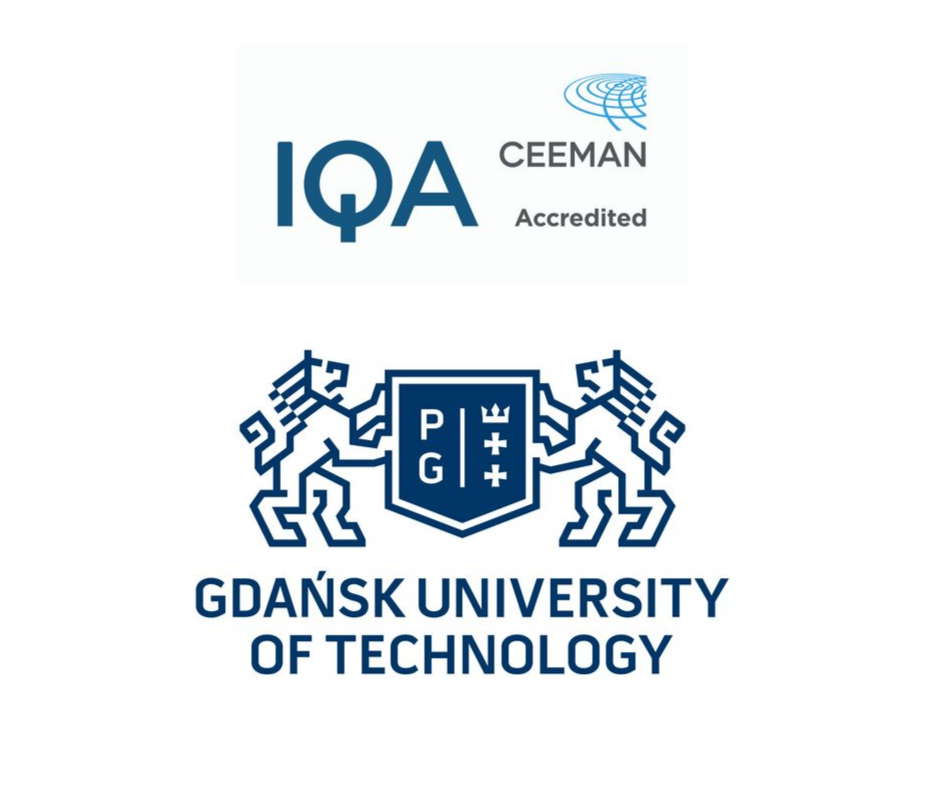Information and Communication Technologies are the opportunity windows (Hanna, 2010) through which societies and economies are influenced. ICT positively affect socio-economic development by mobilizing resources, like unused labor force providing solid base for earning income, eradicating material poverty, reducing vulnerability to risk. ICT enhances development of education and healthcare systems, e-government solutions allowing for higher participation in institutional life (Palvia et al., 2018; Stanley et al., 2018).
Many developing countries face the problem of poor women`s participation in formal market economy. In less-developed economies, inhabited by more traditional societies, existing social, religious norms and attitudes often consign the female population to the status of ‘hidden and usually unpaid’ labor (Snyder, 2005; Singh, 2017). Female population is often engaged in informal home-based businesses, occupying traditional activities characterized by low effective demand, low profits and high exposure to risk and external shocks (Klasen et al., 2015). ICT can unlock economic potential of women, mainly by helping to overcome gender-specific constraints on entrepreneurial behavior.
The topics included in the volume preferably include, however are not limited to:
- ICT as empowering technologies. Social, economic and institutional perspective.
- Using digital technologies for socio-economic empowerment – identifying channels of impact; measuring ICT for women empowerment – novel methodological approaches.
- Increasing income and wealth through ICT-based women empowerment.
- Harnessing digital opportunities for female poverty reduction.
- ICT as driver of growing female market participation; ICT versus feminization of labor vulnerability.
- ICT for non-gendered education and skills improvements; ICT for diminishing gender-skills and economic opportunity gap
- Connecting women. Success stories on growing social inclusion of women.
- ICT for women equal opportunities on labor markets. Case-based evidence.
- Micro-finance and ICT – boosting rural women opportunities in global economy – case studies from developing countries.
Important dates
- Extended abstract submission: 25 February 2020
- Extended abstract acceptance/rejection notification: 10 March 2020
Full chapter submission: 30 May 2020
- Review process and feedback: 5 June – 5 July 2020
- Revised chapter submission: 15 August 2020
- Final notification: 30 August 2020
Submissions to be sent to: eda@zie.pg.gda.pl
